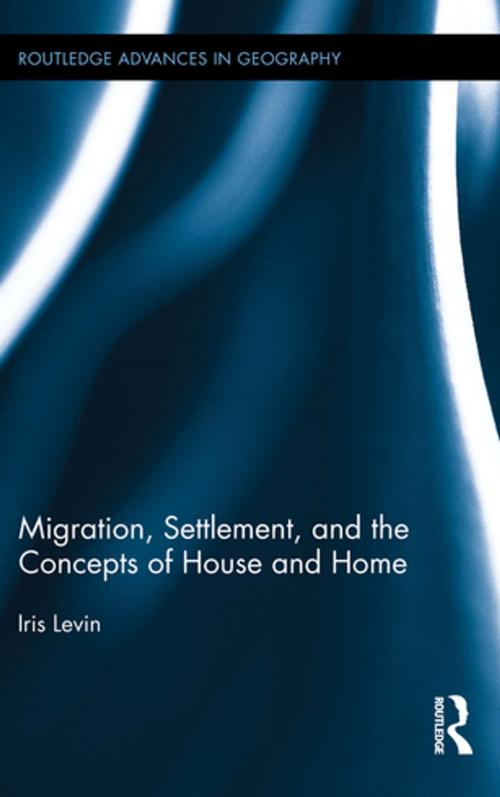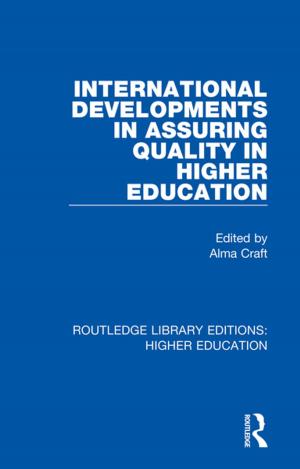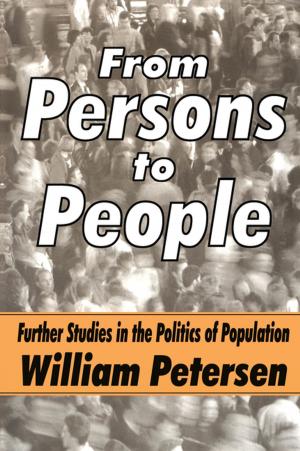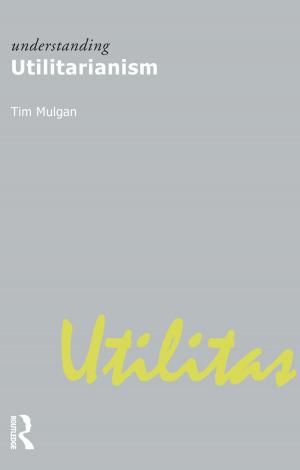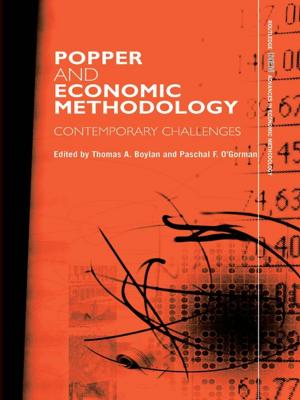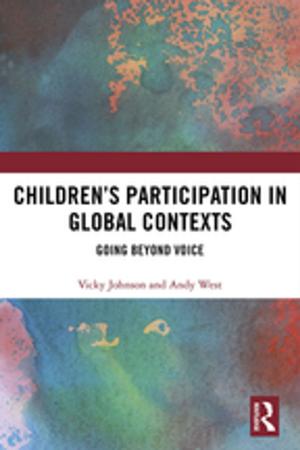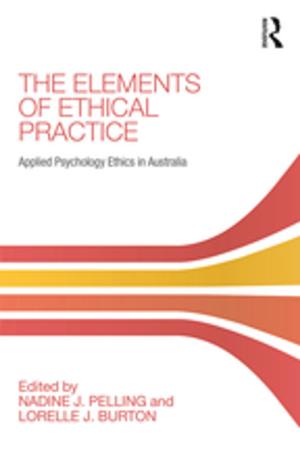Migration, Settlement, and the Concepts of House and Home
Nonfiction, Social & Cultural Studies, Social Science, Human Geography, Cultural Studies, Emigration & Immigration, Sociology, Urban| Author: | Iris Levin | ISBN: | 9781317961796 |
| Publisher: | Taylor and Francis | Publication: | November 19, 2015 |
| Imprint: | Routledge | Language: | English |
| Author: | Iris Levin |
| ISBN: | 9781317961796 |
| Publisher: | Taylor and Francis |
| Publication: | November 19, 2015 |
| Imprint: | Routledge |
| Language: | English |
How do migrants feel "at home" in their houses? Literature on the migrant house and its role in the migrant experience of home-building is inadequate. This book offers a theoretical framework based on the notion of home-building and the concepts of home and house embedded within it. It presents innovative research on four groups of migrants who have settled in two metropolitan cities in two periods: migrants from Italy (migrated in the 1950s and 1960s) and from mainland China (migrated in the 1990s and 2000s) in Melbourne, Australia, and migrants from Morocco (migrated in the 1950s and 1960s) and from the former Soviet Union (migrated in the 1990s and 2000s) in Tel Aviv, Israel. The analysis draws on qualitative data gathered from forty-six in depth interviews with migrants in their home-environments, including extensive visual data. Levin argues that the physical form of the house is meaningful in a range of diverse ways during the process of home-building, and that each migrant group constructs a distinct form of home-building in their homes/houses, according to their specific circumstances of migration, namely the origin country, country of destination and period of migration, as well as the historical, economic and social contexts around migration.
How do migrants feel "at home" in their houses? Literature on the migrant house and its role in the migrant experience of home-building is inadequate. This book offers a theoretical framework based on the notion of home-building and the concepts of home and house embedded within it. It presents innovative research on four groups of migrants who have settled in two metropolitan cities in two periods: migrants from Italy (migrated in the 1950s and 1960s) and from mainland China (migrated in the 1990s and 2000s) in Melbourne, Australia, and migrants from Morocco (migrated in the 1950s and 1960s) and from the former Soviet Union (migrated in the 1990s and 2000s) in Tel Aviv, Israel. The analysis draws on qualitative data gathered from forty-six in depth interviews with migrants in their home-environments, including extensive visual data. Levin argues that the physical form of the house is meaningful in a range of diverse ways during the process of home-building, and that each migrant group constructs a distinct form of home-building in their homes/houses, according to their specific circumstances of migration, namely the origin country, country of destination and period of migration, as well as the historical, economic and social contexts around migration.
